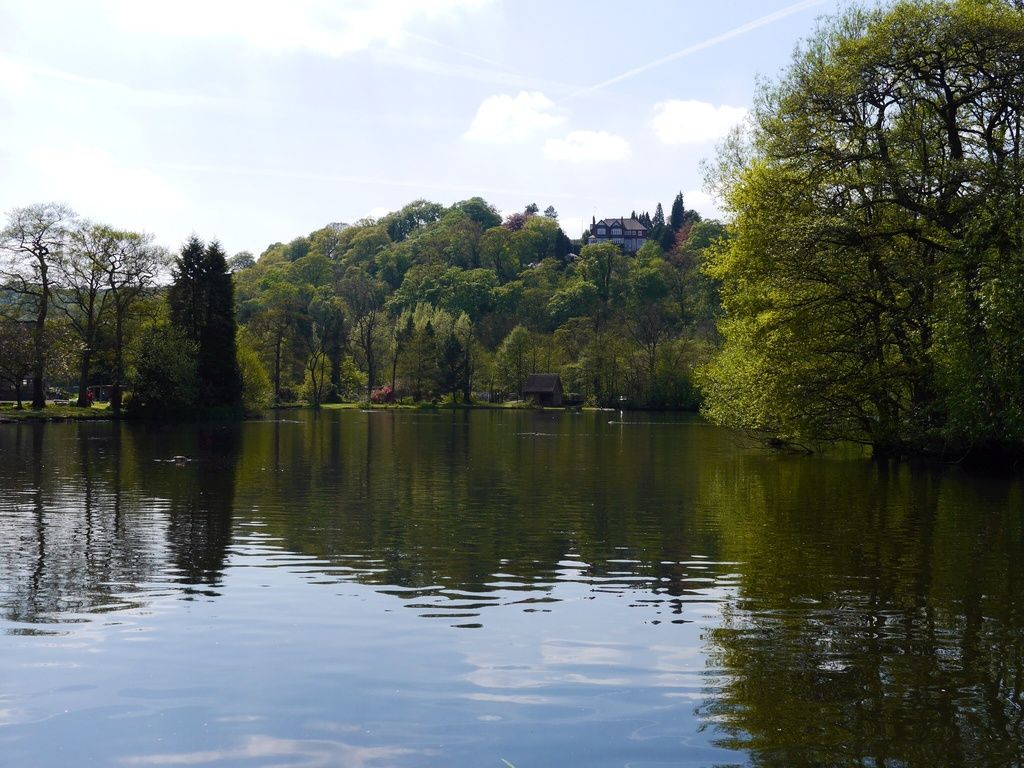Push for Mandatory Swim Pool Preservation: A Swimming Association's Battle for NRW
Public Entity Urges Official Designation of Pool Upkeep as a Public Duty - Mandatory Bathing Advocated by Swimming Organization
In the heart of North Rhine-Westphalia (NRW), the Swimming Association crusades for making the preservation of swimming pools mandatory for municipalities across the region. This fierce advocacy is fueled by rising energy costs and soaring CO2 taxes, which may trigger a chain reaction of pool closures and a catastrophic decline in swimming proficiency, warned Frank Rabe, the association's general secretary.
Previously, swimming pools were deemed voluntary services, distinct from public services like schools and kindergartens. With the financial straits many municipalities find themselves in, NRW has suffered the loss of over 40% of its swimming pools in the last quarter-century, according to the association, which represents approximately 600 swimming clubs and their 220,000 members.
The association calls for a long-term investment and support program from federal and state governments to sustain municipal pool operators.
Craving Swimming Lessons in Clubs
Demand for swimming courses at NRW swimming clubs is sky-high. Nearly half of the clubs have waiting lists for beginner swimming lessons, lamented the association's president, Claudia Heckmann. Yet, she questioned, "What's the point of the diligent work of our pool instructors if swimming lessons become increasingly rare in schools?"
Association statistics reveal that across Germany, fewer than half of elementary school students can swim safely by the end of their schooling, indicating that annually, tens of thousands of NRW students are left flailing in the shallow end.
Municipalities: Caught in the Funding Quagmire
A spokesperson for the Association of Cities and Municipalities in NRW stated that swimming education and pool preservation are undoubtedly top priorities for municipalities; however, crippling underfunding severely limits their capabilities. Despite the will to preserve public pools, resources are scant. Many municipalities strive for solutions via cooperation with each other and clubs. "No one champions the closure of a public pool," declared the spokesperson.
The Fight Ahead: Public Health, Economic Prosperity, and Community Engagement
Advocating for pool preservation may stem from factors such as:
- Public Health and Recreation: Swimming pools offer essential services for public health, recreation, and community activities. Their preservation ensures the continuation of public amenities and encourages physical activity.
- Economic Benefits: Swimming pools boost local economies by hosting events and providing jobs. Preserving them supports economic stability.
- Social and Cultural Significance: Swimming pools serve as vital social hubs and are steeped in cultural significance, fostering community engagement and interaction.
Municipalities face myriad hurdles in funding the maintenance of swimming pools:
- Financial Constraints: Municipalities often juggle limited budgets and foot the bill for public facilities like swimming pools.
- Infrastructure Aging: Existing pools might demand extensive renovations or upgrades, which can prove expensive and resource-intensive.
- Operational Costs: Ongoing operational costs, such as energy and staff salaries, can be heavy burdens on municipal budgets.
- Regulatory Compliance: Ensuring compliance with safety and environmental regulations can add additional costs and administrative burdens.
- The Swimming Association in NRW is pushing for a policy-and-legislation change to make swimming pool preservation mandatory for municipalities, due to concerns over rising energy costs and CO2 taxes.
- In the realm of education-and-self-development, demand for vocational training in vocational training institutions (swimming pool operators) is essential for sustainably maintaining municipal pools.
- The Association of Cities and Municipalities in NRW recognizes the importance of swimming education and pool preservation, but faces challenges such as financial constraints andaging infrastructure in ensuring these services.
- The ongoing advocacy for pool preservation addresses not only public health (health-and-wellness) and economic benefits (fitness-and-exercise, learning), but also fosters community engagement and cultural significance (general-news, community policy).








